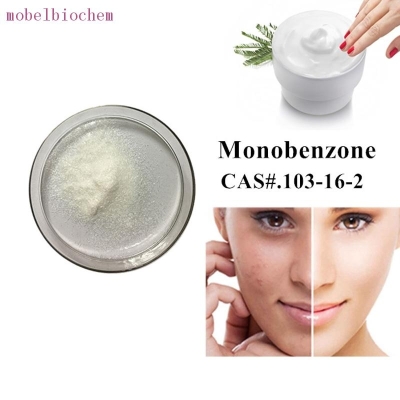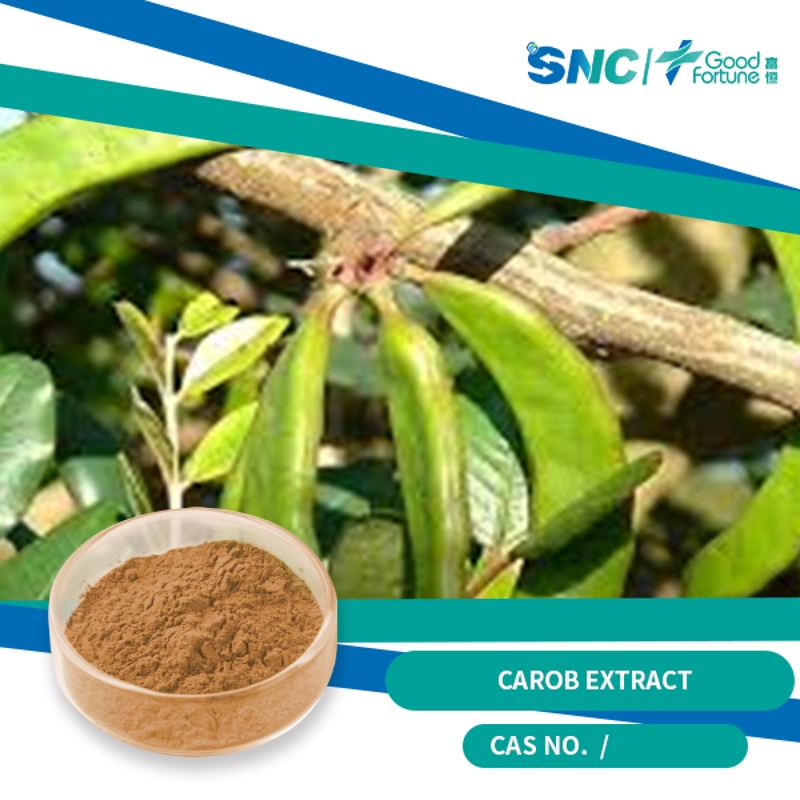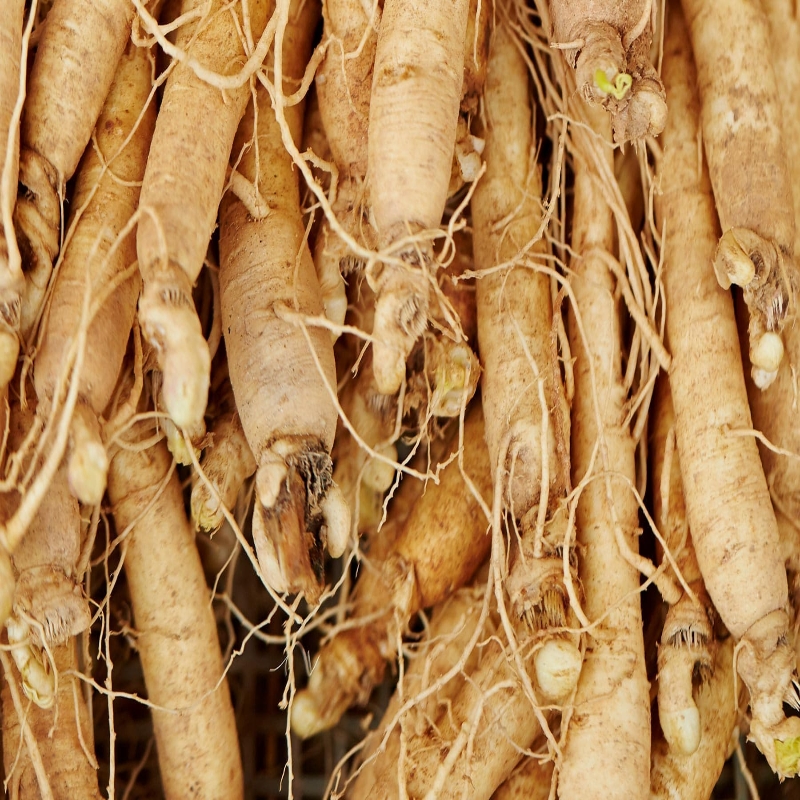Is food additive added or not?
-
Last Update: 2011-05-05
-
Source: Internet
-
Author: User
Search more information of high quality chemicals, good prices and reliable suppliers, visit
www.echemi.com
May 5, business news recently, the office of the food safety committee of the State Council and other nine departments jointly issued a notice, demanding to crack down on illegal food addition and strictly regulate the production, operation and use of food additives Nine departments pointed out that it is strictly prohibited to produce, sell and use food additives that do not meet the national standards for food safety, and to use food additives beyond the scope and limit in violation of the national standards Those who violate relevant regulations shall be punished according to law; those suspected of crimes shall be transferred to judicial organs for punishment Milk powder with melamine, lean ham with clenbuterol, beef paste with various amino acids Recently, a wave of food safety incidents has aroused great attention from all parties These unfamiliar chemical terms have become household names because they are connected with well-known food Food additives have gradually become synonymous with profit-making, illegal, harmful and even drug For a while, the additives in the food were like "beasts of war", which people could not avoid In fact, there are many misunderstandings What exactly does food additive mean? What effect does it have on human body? What's wrong with it? To what extent is it "generational"? Professor Wu Yongning, director of the Key Laboratory of chemical pollution and health and safety of China Center for Disease Control and prevention, and chief scientist of food safety of the Ministry of health, will answer these questions for us one by one "Nature ≠ safety" now we can say that we have "demonized" food additives a little, "explained Professor Wu Yongning." ordinary people often think that the pure natural is the best, and they feel very relieved to see the explanation that "this product does not contain any additives" In fact, this is a great misunderstanding Because nature is not equal to safety, if it contains mycotoxins, the risk is also great Microorganisms often cause foodborne diseases, which can not be ignored " It is understood that there are different definitions of food additives in the world According to Article 99 of the food safety law of the people's Republic of China, China's definition of food additives is: food additives refer to synthetic or natural substances added into food for the purpose of improving food quality and color, fragrance and taste, as well as for the needs of antiseptic, fresh-keeping and processing technology And natural food additives are not safer than synthetic ones Common food additives include: pigment, perfume, bleaching agent, flavor enhancer, sweetener, looser, etc added to improve quality; antioxidant and preservative added to prevent food from spoiling; stabilizer, emulsifier, defoamer added to facilitate processing; vitamins, amino acids, minerals and other nutrients added to increase nutritional value of food Fortifier "China, like most countries, has a strict approval system for food additives In China, the use of food additives should abide by three principles: first, it is non-toxic and harmless; second, it is necessary technically; third, it is not allowed to cover up the original defects of food " Professor Wu added Illegal additives ≠ food additives "the first thing to be emphasized is that melamine, Sudan red and formalin are all chemical raw materials, not food additives." "As industrial raw materials, they are not allowed to be used in food They are not food additives, but illegal additives." To determine whether a substance is a non edible substance (including illegal additives), we can refer to the following principles: it is not traditionally considered as a food raw material; it is not a new resource food approved for use; it is not a dual-use food and drug or a common food management substance published by the Ministry of health; it is not included in China's food additives and allowed to be used by other Chinese laws and regulations Material "If there were no food additives, there would not be so many kinds of colorful food; the taste of food would be affected and could not be properly made or preserved It can even be said that without food additives, there will be no modern food processing industry, and China will not be able to cope with the huge population and food demand Just like if we do not use chemical fertilizer, we will not be able to guarantee food production, which will have quite serious consequences " According to Professor Wu Yongning, "the state has very strict standards for food additives, which require adding them according to the quantity and type of food The current problem is that some enterprises or individuals in the production and processing of excessive consumption or not in accordance with the provisions of the use of food types, which requires departments at all levels to strengthen supervision and jointly ensure food safety " Food "zero risk" is impossible to realize the saying "people take food as the heaven, food takes safety as the first" However, it is basically impossible to require food to achieve "zero risk" Professor Wu Yongning said: "the risk of food to health should be determined by science What a scientist has to do is to assess how risky it is and what kind of risk can be accepted " "Whether the food is safe or not depends on many aspects, such as the level of contamination of food raw materials, dietary structure, dietary pattern, the amount of food eaten, the toxicity of hazardous substances in the food and the magnitude of toxicity We use risk assessment technology to establish an exposure assessment model, and then determine the size of the risk, the safety factor, so that it is under the acceptable risk range In fact, it's not terrible to detect something from food According to the current level of scientific and technological testing, none of the food we eat is 100% safe and can always detect some harmful substances The key is to look at the amount of exposure that can be harmful to the body when it reaches a certain amount " Professor Wu Yongning said in detail When asked about the view that "China's food safety standards are different inside and outside, compared with foreign standards," Professor Wu Yongning said, "China's food and foreign food have different emphasis on standard setting According to the results of food safety risk assessment, different food consumption and dietary structure, and the actual situation of production and operation, countries formulate specific food safety standards The differences in standards can be said to exist objectively and have scientific basis " Professor Wu Yongning took the limit standard of pollutants in food as an example to explain: "the limit of cadmium in rice is 0.2 mg / kg in China and 0.4 mg / kg in the international food code; at present, there is no unified standard of arsenic limit in the world, only China has no organic arsenic standard It is worth noting that the comparison of different national standards should be comprehensive and objective, not only by individual standards or indicators In addition, various additional factors around should be taken into account " Relevant news smart fresh: fruit storage and preservation experts recently, Shandong Weihai local agricultural sector for fruit preservative market launched a rectification action It is understood that this action is a "big inspection" conducted by Weihai's local agricultural department for fruit preservative market, aiming to practically rectify the market order Since March of this year, the activity has started Weihai's agricultural law enforcement personnel have conducted a big inspection of nearly 100 cold air warehouses in the city This action is undoubtedly an in-depth renovation for China's immature fruit preservative market, and it has become an excellent development opportunity for the majority of cold air, air-conditioned storage and fruit operators to standardize their operation and enhance the overall strength of the industry Nowadays, food safety has become the premise of sustainable development of food industry and sustainable operation of food enterprises, and also affects the interest chain of the whole food industry To ensure food safety, source material safety, production and operation safety, and strict quality inspection are indispensable From the production end to the sale end, from the consumer to the middleman, everyone is bearing the profit and loss for the food safety Taking the storage and preservation of fruit industry as an example, a safe and legal 1-methylcyclopropene fruit storage and preservation technology, smart fresh technology, has brought benefits to the whole industrial chain: cold storage operators and fruit producers can directly enjoy the good price of high-quality fruit brought by smart fresh technology, and the flexible management of cold storage; retailers can directly feel smart The shelf life extended by fresh technology is low, and consumers can enjoy the fresh flavor and taste maintained by smart Fresh Technology Smart fresh technology is also the only 1-MCP product registered in China and approved by the Drug Inspection Institute of the Ministry of agriculture It is widely used in apple, pear and kiwifruit production areas in China, and has won a good reputation in the industry for its safety and effectiveness.
This article is an English version of an article which is originally in the Chinese language on echemi.com and is provided for information purposes only.
This website makes no representation or warranty of any kind, either expressed or implied, as to the accuracy, completeness ownership or reliability of
the article or any translations thereof. If you have any concerns or complaints relating to the article, please send an email, providing a detailed
description of the concern or complaint, to
service@echemi.com. A staff member will contact you within 5 working days. Once verified, infringing content
will be removed immediately.







